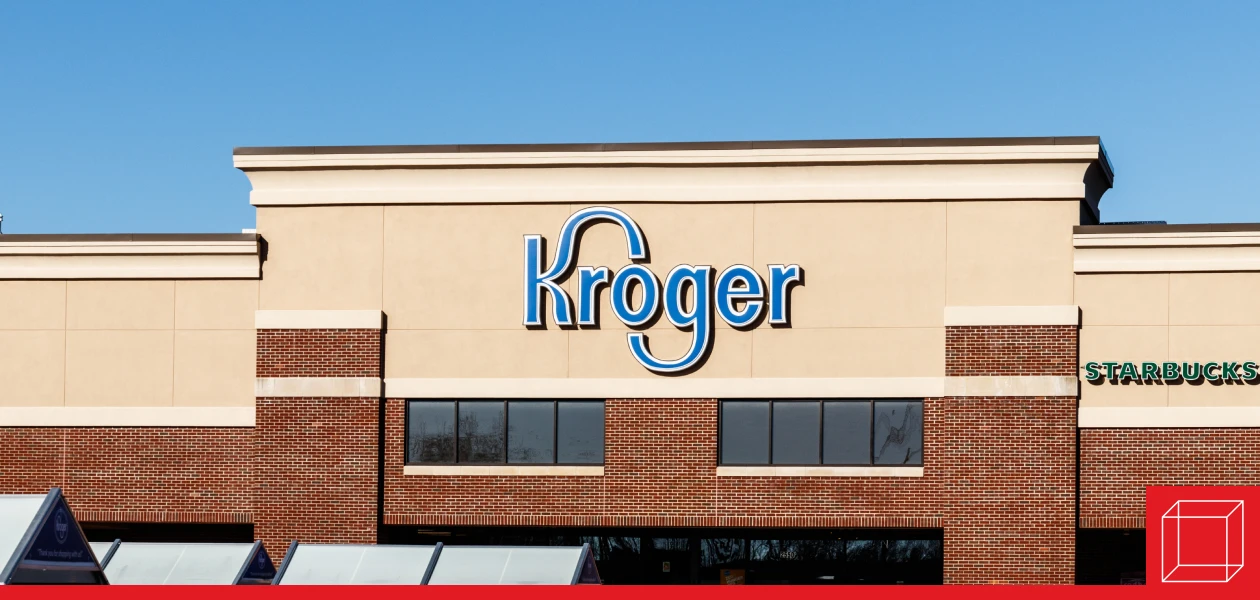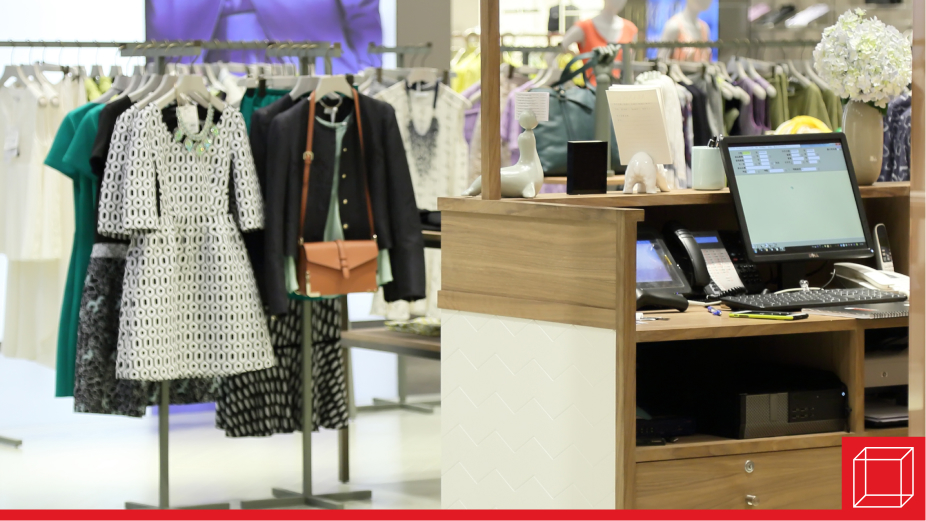Kroger and Albertsons Merger: Redefining the Supermarket
A potential merger between Kroger and Albertsons, two of the largest grocery chains in the United States, has stirred intense debate.

The Federal Trade Commission (FTC) challenged the $24.6 billion deal, raising antitrust concerns and calling the transaction a “mega merger.” At the heart of the debate lies a pivotal question: What exactly is a supermarket? Changing consumer habits, the rise of digital retail, and expanding competition have complicated the traditional definition of grocery stores.
The Role of Traditional Supermarkets in a Modern Economy
In the past, defining a supermarket was simple: a large, physical space offering a variety of food, household items, and other essential goods. Kroger and Albertsons have long fit this bill. But today’s economy has evolved. With delivery services, e-commerce giants such as Amazon, direct-to-consumer grocery brands, warehouse clubs such as Costco, big-box stores such as Walmart, and limited assortment stores such as Trader Joe’s and Aldi, the competitive landscape is vastly different.
Supermarkets no longer just compete with each other. Now, they're in a battle with digital disruptors and multi-channel retailers. The merger between these two giants is not simply a consolidation of grocery stores; it also involves traditional supermarkets adapting to the evolving market landscape in which they operate. Kroger and Albertsons say the traditional supermarket definition is antiquated because the way consumers shop for basic groceries has changed. Thus, the duo argues the proposed merger is justified by intense competition from Amazon, Costco, Walmart, and other retailers.
Legal Hurdles
FTC opposition is rooted in concerns over potential market monopolization. The FTC says a merger of this magnitude would lead to higher grocery prices, lower quality products and services, and fewer choices for consumers for where they can shop. Evidence shows Kroger and Albertsons frequently price-check each other and refer to each other as their primary competition. It should be noted that in court Kroger claimed Walmart is its top competitor, and Albertsons says in some areas Costco is its biggest competitor. Regardless, with a key rivalry eliminated, the FTC says consumers will suffer. The FTC also believes the merger would be detrimental to workers who may lose the ability to find higher wages, better benefits, and better working conditions. The FTC’s official complaint is joined by nine attorneys general.
Kroger operates 2,750 grocery stores (including Fry’s, King Soopers, Ralphs, and many others) in 35 states and the District of Columbia, and Albertsons operates 2,200 stores (including Safeway, Vons, and others) in 34 states and the District of Columbia. Kroger and Albertsons proposed to divest hundreds of stores and other assets to a smaller grocery company, but the FTC’s complaint said the divestiture was inadequate.
Determining the market’s competitive landscape is complicated by the blurred lines of what constitutes a grocery store. The legal proceedings put forth the question: should brick-and-mortar supermarkets be considered distinct from online retailers, meal-kit services, and even convenience stores? Kroger and Albertsons argue that consumers now have many more grocery options than ever, and thus, competition remains strong.
How Consumer Behavior is Shaping the Debate
Consumer preferences are not what they used to be. In recent years, online grocery shopping has skyrocketed, especially after the COVID-19 pandemic accelerated digital adoption. Services such as Instacart, meal delivery options such as DoorDash, and subscription-based services such as HelloFresh have gained ground as grocery alternatives.
Because of this, many traditional grocery chains, including Kroger and Albertsons, have embraced hybrid models, offering both in-store shopping and digital platforms for online orders and delivery. Kroger and Albertsons argue they must work together in light of shifting consumer habits. The two supermarkets say consumers no longer value the one-stop shopping experience of a traditional supermarket and instead visit many different stores.
The Broader Implications for the Grocery Industry
The Kroger-Albertsons merger represents a landmark case in how the supermarket is defined in the modern age. If the merger is allowed to proceed, it could reshape the grocery industry for years to come. It would set a precedent for how competition in the grocery space is defined and regulated. As consumer shopping habits continue to change, future definitions of retail competition may hinge less on physical stores and more on hybrid or digital offerings.
With shifts in consumer behavior, competition from digital and non-traditional players, and antitrust concerns, the decision will not only affect the two companies involved but will also shape the future of the grocery industry.
In the Classroom
This article can be used to discuss the nature of competition (Chapter 1: The Dynamics of Business and Economics) and mergers and acquisitions (Chapter 4: Options for Organizing Business).
Discussion Questions
1. Describe how the grocery landscape has evolved.
2. Outline the FTC’s arguments against the Kroger-Albertsons merger.
3. How could this merger impact U.S. workers?
This article was developed with the support of Kelsey Reddick for and under the direction of O.C. Ferrell, Linda Ferrell, and Geoff Hirt.
Federal Trade Commission, "FTC Challenges Kroger’s Acquisition of Albertsons," February 26, 2024, https://www.ftc.gov/news-events/news/press-releases/2024/02/ftc-challenges-krogers-acquisition-albertsons
Leah Nylen and Jaewon Kang, "Biggest Question from Kroger-Albertsons Trials: What’s a Grocery Store?," Bloomberg, September 17, 2024, https://www.bloomberg.com/news/articles/2024-09-17/biggest-question-from-kroger-albertsons-trials-what-s-a-grocery-store
Paul Roberts, "With Kroger-Albertsons Merger on the Line, CEOs Grilled in Seattle Court," The Seattle Times, September 23, 2024, https://www.seattletimes.com/business/with-kroger-albertsons-merger-on-the-line-ceos-grilled-in-seattle-court/



